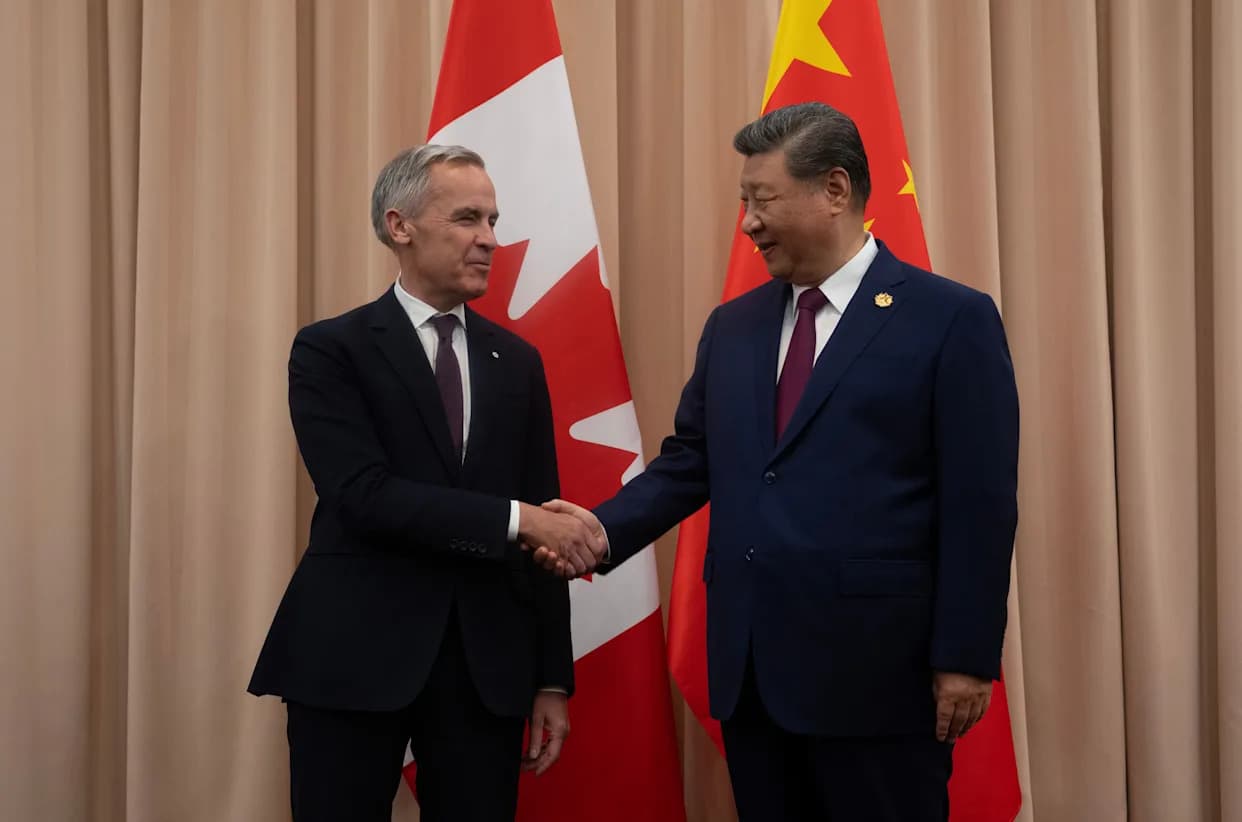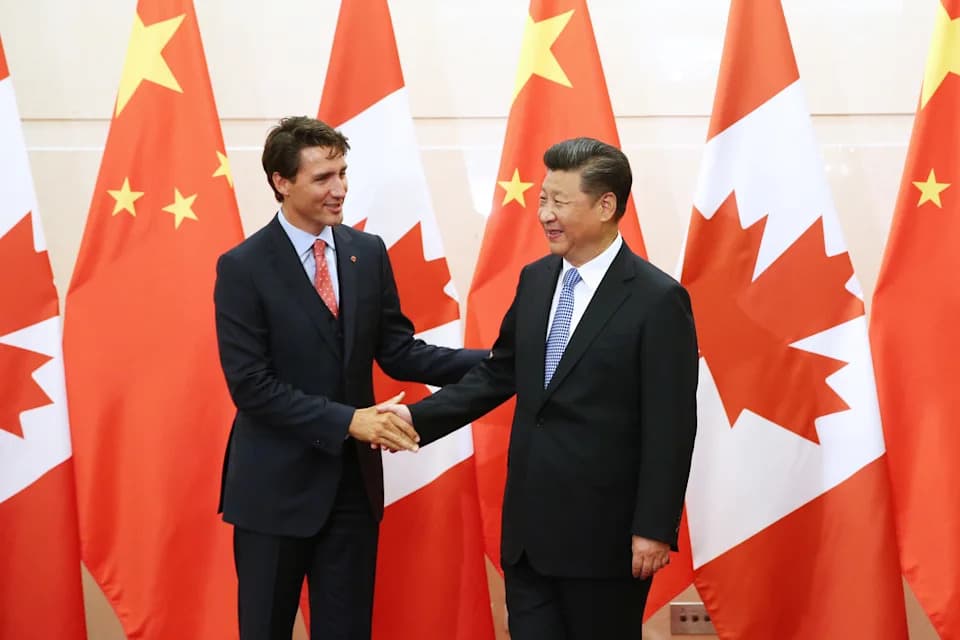Prime Minister Mark Carney has presented a bold 2025–26 budget that would raise Canada’s deficit to Can$78.3 billion to fund large infrastructure projects and counter economic damage from US tariffs, which officials estimate could shave about 1.8% off GDP. With a minority Liberal government holding 170 of 343 seats, the budget needs two opposition votes or abstentions to pass; defeat would trigger an early election. Conservatives (144 seats) oppose the plan, the Bloc Québécois (22 seats) criticized it, and the NDP (7 seats) had not stated its position.
Carney’s High‑Stakes Budget: Doubling the Deficit to Save the Economy — Minority Government on the Line

Carney’s High‑Stakes Budget Faces Crucial Vote
Canada’s parliament is set to vote on Monday on a dramatic budget put forward by Prime Minister Mark Carney, who proposes nearly doubling the country’s deficit to jump‑start growth. The plan centers on major infrastructure investments as a response to global economic turbulence and recent US trade measures — a move that could topple his minority government if it fails to win enough support.
Numbers and political math
The Liberal government holds 170 of 343 seats and needs either two opposition MPs to back the budget or sufficient abstentions for it to pass. If the budget is defeated, it would trigger an early national election.
What the budget proposes
Carney — a former governor of the Bank of England and the Bank of Canada — described the draft spending plan as a bold, fast response to mounting economic risks. The 2025‑26 package would increase the deficit to Can$78.3 billion (about US$55.5 billion) and prioritize large infrastructure projects intended to stimulate jobs and long‑term growth.
"Now is not the time to be cautious, because fortune favors the bold," Carney said, adding: "It is a time to get big things done for Canadians, and get them done fast."
Why the government says action is needed
Officials point to US tariffs and the resulting uncertainty as a major drag on Canada’s economy. Carney cited estimates that those measures could cost Canadians roughly 1.8% of GDP, hurting key sectors including autos, aluminum and steel and contributing to higher unemployment in affected regions.
Opposition reaction
Conservative Leader and the Conservative Party, which hold 144 seats, have pledged to vote against the budget. The Bloc Québécois — with 22 seats — dismissed the plan as "a Liberal deficit with Conservative ideas," criticizing its priorities. The New Democratic Party (7 MPs), which has sometimes supported minority Liberals, had not announced its position by midday Sunday; interim leader Don Davies said the proposal "fails to meet the moment."
With public opinion polls showing most Canadians prefer to avoid another election so soon after the last one, negotiations between parties were ongoing as the decisive vote approached.
What to watch on Monday: whether the Liberals can secure two opposition votes or rely on abstentions, and how each opposition party frames its decision politically and regionally.
Help us improve.


































